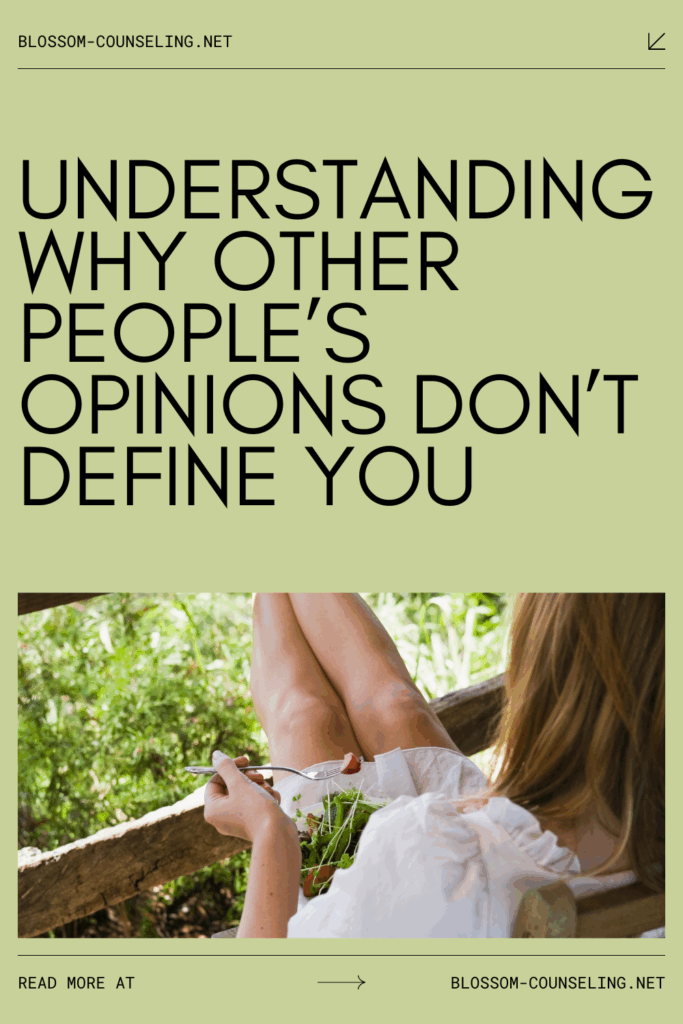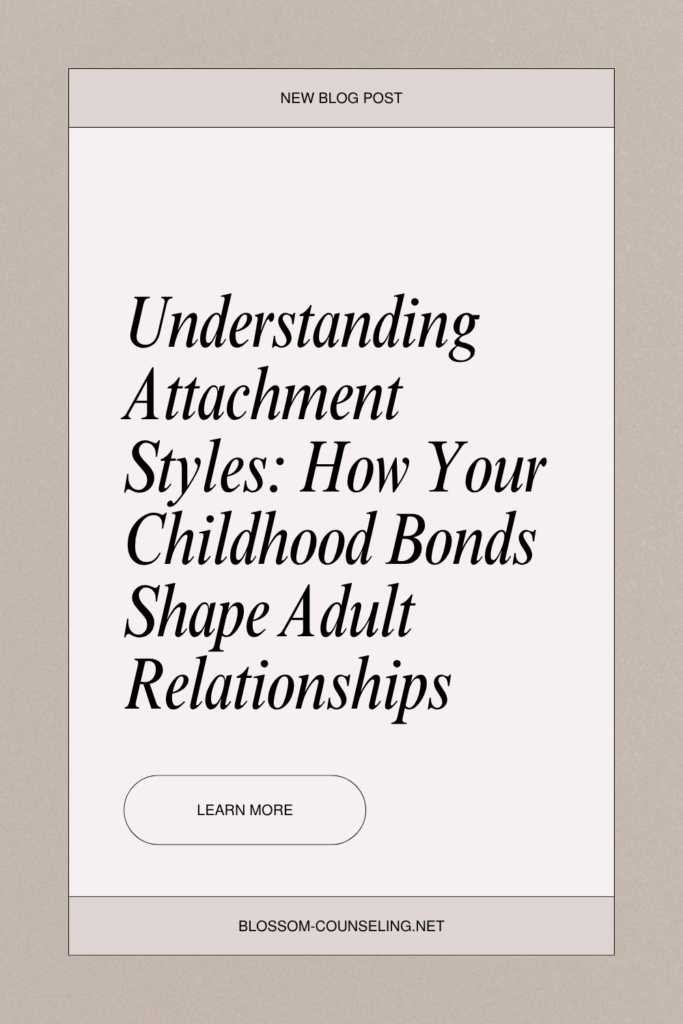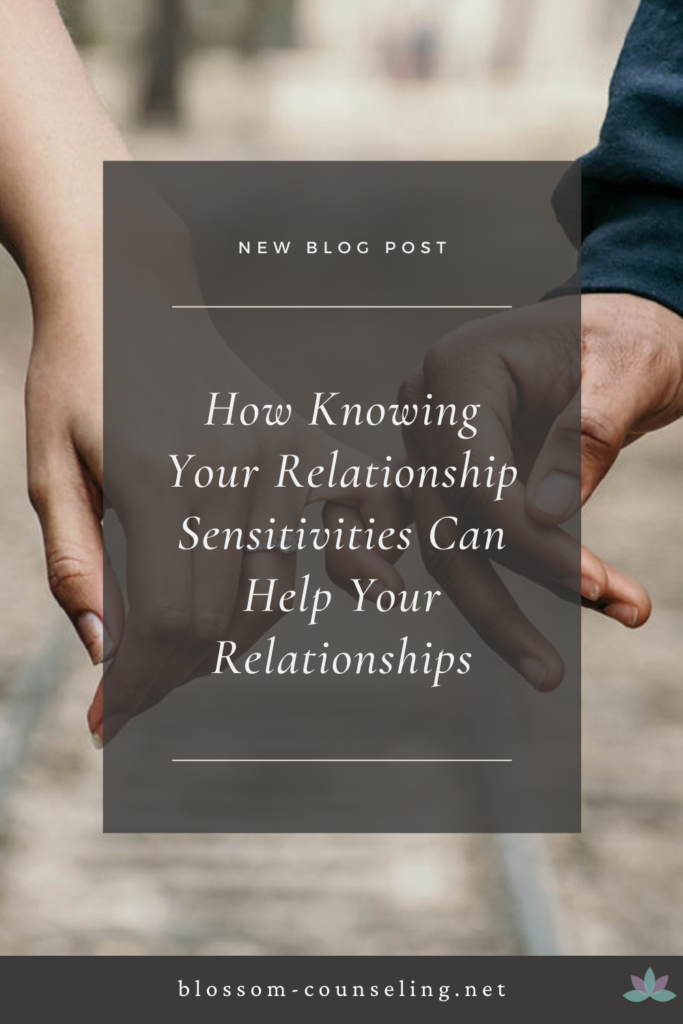
Navigating the intricacies of interpersonal relationships often involves a delicate dance between openness and privacy. Two concepts frequently confused in this context are being secretive and having boundaries. Understanding the difference between the two can significantly impact our mental health and the health of our relationships.
What Does It Mean to Have Boundaries? Boundaries are essential guidelines we set to define how others can behave around us and what kind of interactions we accept. These boundaries can be emotional, physical, or even digital. Setting boundaries is a healthy practice that helps manage stress, protect our self-esteem, and maintain our personal space. It’s about knowing where your limits lie and feeling empowered to communicate them. For instance, deciding not to discuss your love life at work is a boundary that helps you maintain a professional environment and mental peace.
Boundaries are not just about saying ‘no’—they’re about making informed choices about what you share and with whom. They serve to protect your energy and contribute to your emotional safety without isolating you from others. They are dynamic, varying from one relationship to another; what you share with a partner might differ vastly from what you share with a colleague.
The Nature of Being Secretive
Being secretive, on the other hand, involves intentionally withholding information to maintain a sense of control or protect oneself from judgment or consequences. It often stems from fear, shame, or a desire to manipulate the narrative. Secrecy can lead to isolation and mistrust in relationships. For example, consistently hiding your spending habits from a partner can create an undercurrent of deceit and might signal deeper issues around trust or insecurity.
Secretive behavior often has a self-protective intent but can backfire by creating distance between individuals. It can make personal connections feel superficial or strained, as significant aspects of one’s life are obscured or hidden from others.
Comparing the Impacts
The impacts of setting boundaries versus being secretive are vastly different. Boundaries are generally viewed positively, as they foster healthier relationships built on respect and understanding. They enhance trust, as individuals feel secure knowing that their limits are acknowledged and valued. In contrast, secrecy can erode trust and feed into a cycle of doubt and suspicion. It can lead to conflicts and complications, as the withheld information may eventually surface in less favorable ways.
Balancing Privacy and Openness
It’s essential to navigate the middle ground between privacy and openness in any relationship. Privacy fueled by boundaries allows us to retain our individuality and personal space without compromising the integrity of our relationships. It’s about choosing not to share certain aspects of our lives because we don’t feel it’s necessary or appropriate, not because we fear the consequences of sharing.
Conversely, healthy relationships do require a level of transparency that can sometimes feel uncomfortable. It involves vulnerability and trust, which are foundational to deep and meaningful connections. It’s about sharing our thoughts, feelings, and experiences in ways that respect our boundaries and those of others.
In conclusion, while both being secretive and setting boundaries deal with the information we choose to withhold, the intentions and outcomes are markedly different. Understanding and communicating the distinction between secrecy and boundaries can lead to healthier, more fulfilling relationships. By fostering an environment where boundaries are respected and secrecy is minimized, we can create stronger, more transparent connections that support our mental and emotional well-being.




